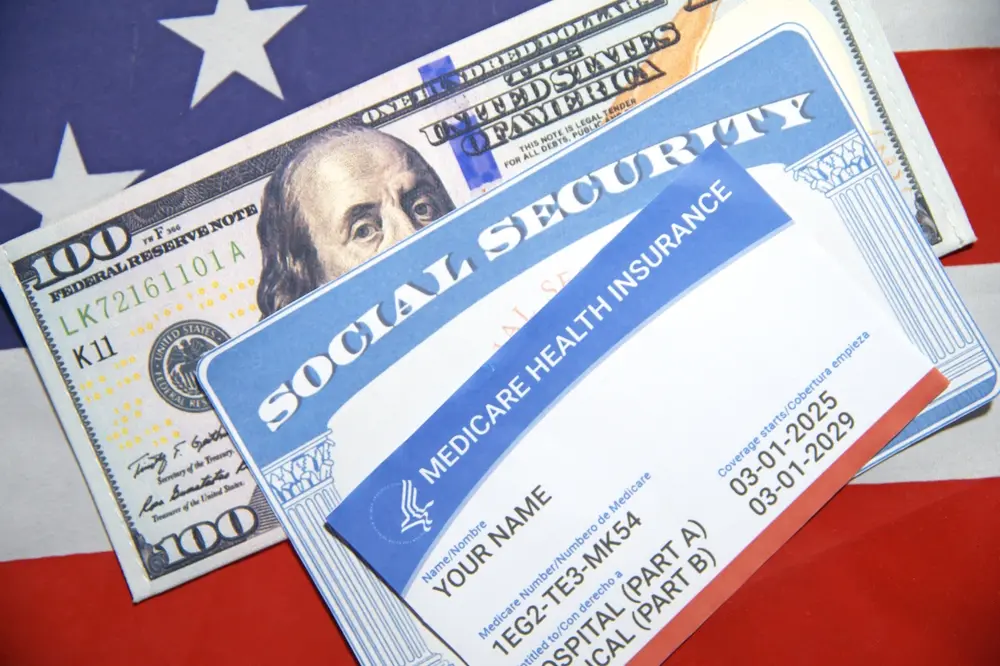More than 66 percent of all adults in the United States use prescription drugs. And with or without health insurance, prescription drugs can be high-priced. Adults spend nearly $73 billion on prescription drugs. It equates to 16 percent of total health costs.
Any help you can receive in prescription drug discounts is welcome. Two forms of non-insurance prescription cards are available to help consumers with drug costs. One is a discount prescription card, and the other is a manufacturer copay card. But what are the differences in these cards, and can they really help you save?






